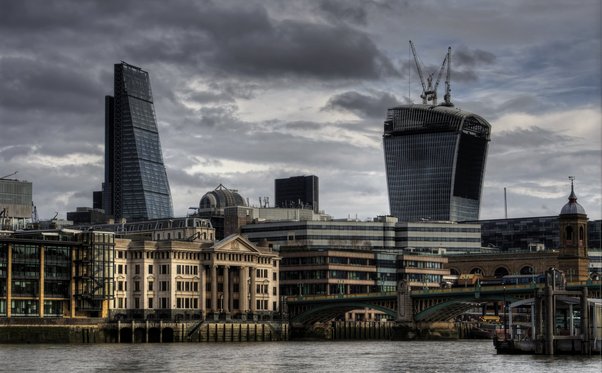Every so often in campaigning, you experience a rare breakthrough moment where the project gathers steam and people start to listen in a way they haven’t before.
We had one of those moments last summer.
My colleagues and I had spent the last five years telling people that anonymous companies facilitate much of the corruption that we campaign to stop.
Most people were sympathetic to our cause and surprised by what we told them, but in terms of real, hard change, it’s fair to say our calls fell largely on deaf ears.
In 2013, things changed. The British government – previously one of the most resistant to to dealing with the problem – made the issue the central plank of its G8 presidency, and committed to ending anonymous companies by publishing information on the ultimate, beneficial, owners of British companies in a publicly-accessible register.
This was a massive promise, and if the government delivers it could go a long way to cutting off some of the world’s nastiest problems at their root.
In almost all our investigations into how natural resources can fuel corruption and conflict we come across complicated company structures where we simply can’t find out who’s behind the dodgy deal.
Corrupt politicians, environmental abusers and other criminals find it easy to hide their identity and their looted assets behind webs of shell companies, offshore trusts and other legal gimmicks.
Only last month we worked with a Ukrainian organisation and investigative journalist to reveal that an anonymous UK company owned Viktor Yanukovych’s presidential palace compound.
Today, the Business Department has released details of what this register will look like in practice. The good news is, it looks like they are walking their talk.
The proposals are strong, and will ensure that enough information is in the public domain to properly identify who’s behind a company.
The government should be applauded for leading on this issue. It puts the UK at the forefront of the fight.
This wouldn’t have been possible without the work of many others, including the ONE Campaign, Christian Aid, Transparency International, OpenCorporates, Oxfam and many others.
Global Witness will continue to campaign for an end to anonymous countries around the world. In particular, the UK needs to keep working with other European countries, the U.S., the G20 and its own secrecy jurisdictions, to make public beneficial ownership registers the new global standard.
Robert Palmer leads the Global Witness campaign against money laundering and corruption. Follow him on Twitter at @Robertnpalmer .

